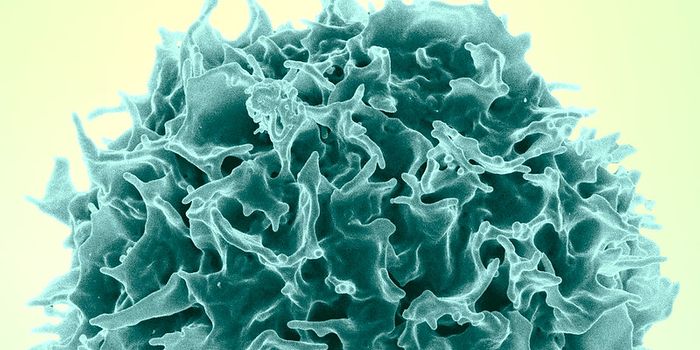Were you born in the summer, fall, winter or spring? Scientists believe that birth season impacts risk of developing certain allergies, so a person’s birth season could potentially impact their health for their entire life.
Also known to influence height and lifespan, birth season is an allergy risk factor that has scientists investigating just exactly what changes occur during each season to make a certain allergy more probably.
From the University of Southampton from a study published in the journal
Allergy, scientists performed epigenetic scanning on 376 18 year-olds from the Isle of Wight, looking for connections between epigenetic marks and allergy risk. They found DNA methylation to be clearly associated with season of birth, miraculously still present 18 years after birth.
“Generally, people born in autumn and winter are at increased risk for allergic diseases such as asthma,” said study author John Holloway, PhD. “However, until now, we did not know how the effects can be so long lasting.”
Versus spring births, people with autumn births are more likely to develop eczema, a type of skin rash of unknown cause that is exacerbated by irritants, allergens, microbes, temperature, food, stress, and hormones (
National Eczema Association).
Specifically, the scientific team looked for methylation of specific regions of DNA, called season associated CpGs. Over 90 of these regions were found to be methylated and associated with season of birth.
Epigenetic marks like DNA methylation affect gene expression, potentially into the next generation, the study’s scientists say. While they are excited about the explicit connections between birth season and allergy risk, Holloway says they are still “not advising altering pregnancy timing.”
The connection discovered in this study also has the potential to uncover more relationships between birth season and other diseases and traits. The team from Southampton is still researching further to determine what specific characteristics of each season (temperature, sunlight levels, diets, etc.) influence epigenetic changes. In addition, the scientists are still unsure how epigenetic changes like DNA methylation lead to a greater risk for developing certain allergies.
Going forward, this study has people asking: How would my body and my health be different if I was born in a different season?
Source:
University of Southampton









